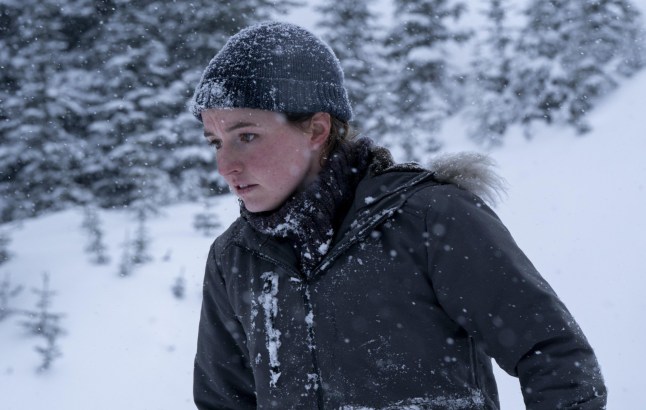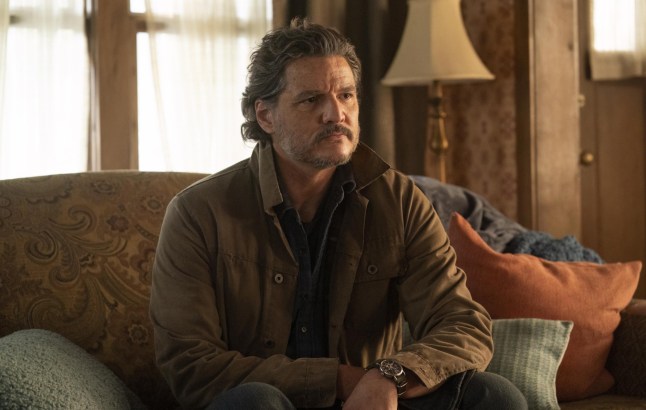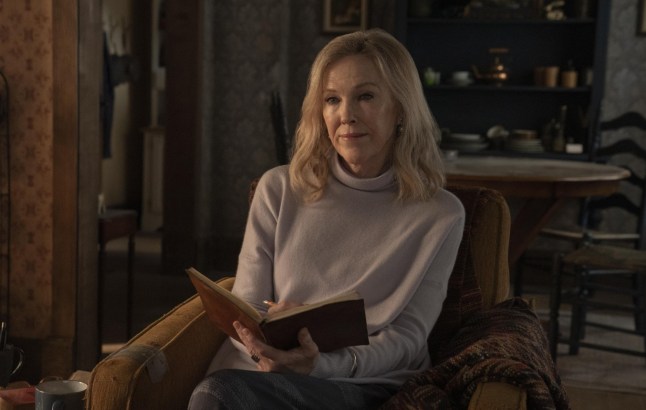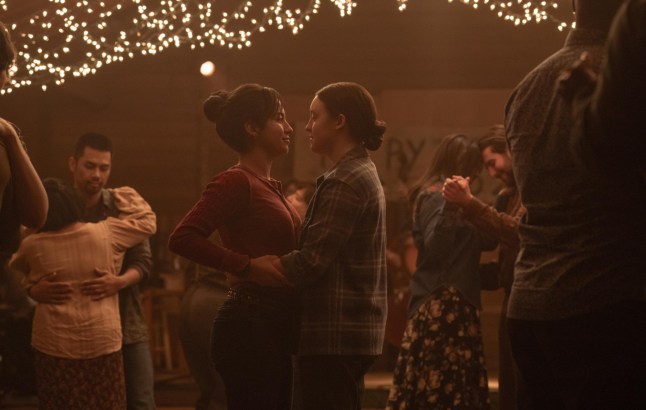
So far The Last Of Us has offered few surprises in its translation to the small screen, but the second season is already making some divisive and compelling changes.
Video game adaptations are more financially lucrative than they’ve ever been, thanks to the likes of Sonic, Mario, and the recently released Minecraft. But despite their commercial success, their critical reception has been largely the same as every other video game movie in history.
HBO’s The Last Of Us represents a different kind of success; the moment a gaming adaptation overcame the quality curse and became an acclaimed darling among the prestige TV elite – rubbing shoulders with The Bear and Succession on the awards season circuit.
The show’s success felt like a self-fulfilling prophecy. The Last Of Us game, in its presentation and tone, already felt like prestige TV in video game form – thanks to the industry-leading animation and polish that developer Naughty Dog is synonymous with. So while the first season was well made, by sticking so close to the original the story never really gained anything.
With the exception of the excellent episode revolving around Bill and Frank’s love story, the show’s transition to TV felt like a creatively redundant flex. A retread of the same story, with many scenes, many of which were non-interactive in the first place, shot in the exact same way.
With season two, The Last Of Us has an opportunity to broaden its ambitions and you can already see that in the first episode. The original game might be beloved by most, but its sequel is a somewhat divisive beast, with a lengthy 25+ hour running time, a large influx of new characters, and several big swings few sequels dare to shoot for.
To view this video please enable JavaScript, and consider upgrading to a web
browser that
supports HTML5
video
Personally, I’ve come to admire it over the years more than the original, even if it doesn’t quite succeed at everything it attempts.
The messier, more ambitious sequel is ripe for re-examination and alteration through the TV show’s second season and that seems to be exactly what’s happening. There’s plenty of signs that the show has found the confidence to untether itself from the tracks of its source material, in ways which are both exciting and somewhat concerning.
For proof of this newfound confidence, look no further than the very first scene. In a complete upending of expectations, we’re introduced to Kaitlyn Dever’s Abby from the get-go, prior to the five-year time skip.
Abby is mourning the loss of her Firefly allies – brutally massacred by Pedro Pascal’s Joel in the finale of season one – and already planning revenge with her small group of friends, including Spencer Lord’s Owen.
They know Joel is the culprit but despite Abby’s determination to see him dead the group convince her to head to Seattle first, so they can stock up on supplies and plot the best course of action.
Just before the scene ends, we’re given a chilling note to stew over. ‘Slowly,’ Abby says of Joel. ‘When we kill him. We kill him slowly.’

For anyone who’s played The Last Of Us Part 2, the reveal of Abby’s motivations so early on – even in somewhat vague terms – will seem very strange. In the game, you gradually come to learn about Abby’s backstory through extensive sections where you play as the character, switching between her perspective and Ellie’s throughout the game. This builds towards the reveal of why Abby wanted to kill Joel, which serves as one of the key twists in the story.
The TV show plays that card in season two’s very first scene. Speaking in interviews, showrunner Craig Mazin has said the rationale behind the decision was due to the mechanical differences between games and TV, where ‘it was important to give people enough context’ in order to connect to the character, in the absence of long gameplay stretches with her.
While we’ll have to see if the decision succeeds in future episodes, for fans of the games this is exactly the kind of narrative tailspin season one was sorely lacking. With Abby’s motivation out there, there’s a sense the show has to have something else in store to replace the satisfaction of that revelation, or deliver another kind of gut punch which might be unique to the show itself.

There are also signs of a new direction with the character Gail, Joel’s bitter therapist, played excellently by Catherine O’Hara. Gail is entirely new for the show but she’s grounded into the series’ lore through her husband Eugene – a character who died from a stroke in the game and is only seen through photographs in his secret weed farm.
Like the Abby switcharoo, Eugene’s backstory has been slightly adjusted. He’s still dead, but this time it’s at the hands of Joel, as we discover in a venomous speech from Gail who, while under the influence, loses her patience with his whining about Ellie.
‘I hate you for it,’ Gail tells Joel, in reference to her husband’s death. ‘I know you had no choice. I know that. I know I should forgive you. I’ve tried but I can’t because of how you did it, and looking at your face, sitting in our home, makes me so f***ing angry.’
The assumption is Eugene became infected and had to be killed, but why is the show setting up another potential threat to Joel? Is she in cahoots with Abby? Could Gail be a surprise player in that particular scene? Her inclusion is intriguing, and with Eugene set to be played by Joe Pantoliano in a future episode, presumably in a flashback, the show is clearly mining these minor characters for a larger significance.
The first episode ends with a familiar scene from the game, as Abby looks out at the settlement in Jackson, Wyoming from the snowy mountains. It’s designed to instil dread for what many are already expecting, but the great thing is, after this episode, I’m not entirely sure what’s coming.

Email gamecentral@metro.co.uk, leave a comment below, follow us on Twitter, and sign-up to our newsletter.
To submit Inbox letters and Reader’s Features more easily, without the need to send an email, just use our Submit Stuff page here.
For more stories like this, check our Gaming page.